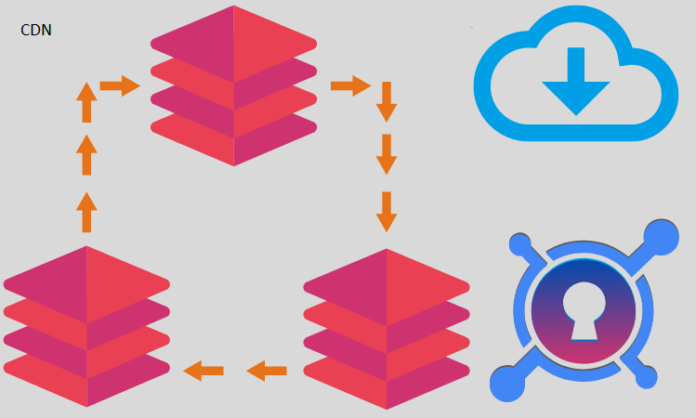
CDN stands for Content Delivery Network, and it is a network of servers strategically distributed across various geographic locations to deliver web content and other digital assets to users more efficiently and reliably. CDNs are widely used for several reasons:
Faster Content Delivery: CDNs cache and store copies of web content, such as images, videos, scripts, and other static assets, on multiple servers around the world. When a user requests this content, it is delivered from the nearest CDN server instead of the origin server, reducing latency and load times. This results in a faster and smoother user experience.
Improved Website Performance: Faster loading times lead to improved website performance, which is crucial for retaining visitors and improving SEO rankings. Search engines like Google consider website speed as a ranking factor, so using a CDN can help boost your website’s search engine rankings.
High Availability and Redundancy: CDNs offer redundancy and high availability. If one server fails, another can take its place, ensuring that content remains accessible. This redundancy can prevent downtime and maintain a seamless user experience, even during traffic spikes or server failures.
Global Reach: CDNs have servers distributed across the globe, allowing content to be delivered efficiently to users regardless of their location. This is especially important for websites with a global audience.
Reduced Bandwidth Costs: CDNs help reduce the load on the origin server by offloading traffic to their distributed network. This can lead to significant cost savings in terms of bandwidth and server resources.
Distributed Security: CDNs often include security features like DDoS protection and Web Application Firewalls (WAFs) to protect websites from cyberattacks and unauthorized access. These distributed security measures can help safeguard your web assets.
Scalability: CDNs are designed to handle spikes in traffic effectively. During traffic surges, CDN servers can scale automatically to accommodate the increased load, ensuring that your website remains responsive.
Analytics and Reporting: Many CDNs provide detailed analytics and reporting tools that allow you to monitor and analyze traffic patterns, user behavior, and performance metrics. This data can help you make informed decisions about content optimization and resource allocation.
Mobile Optimization: CDNs can optimize content for mobile devices, ensuring that mobile users have a fast and responsive experience, which is crucial in today’s mobile-centric internet landscape.
CDNs are essential for improving website performance, reducing latency, increasing reliability, and ensuring a positive user experience. They are a valuable tool for businesses and website owners looking to deliver content efficiently and effectively to a global audience while maintaining security and cost-effectiveness.
Related Articles:
The Ultimate Guide to Dedicated Server Hosting
Textile Engineering in the Era of Consumerization
























